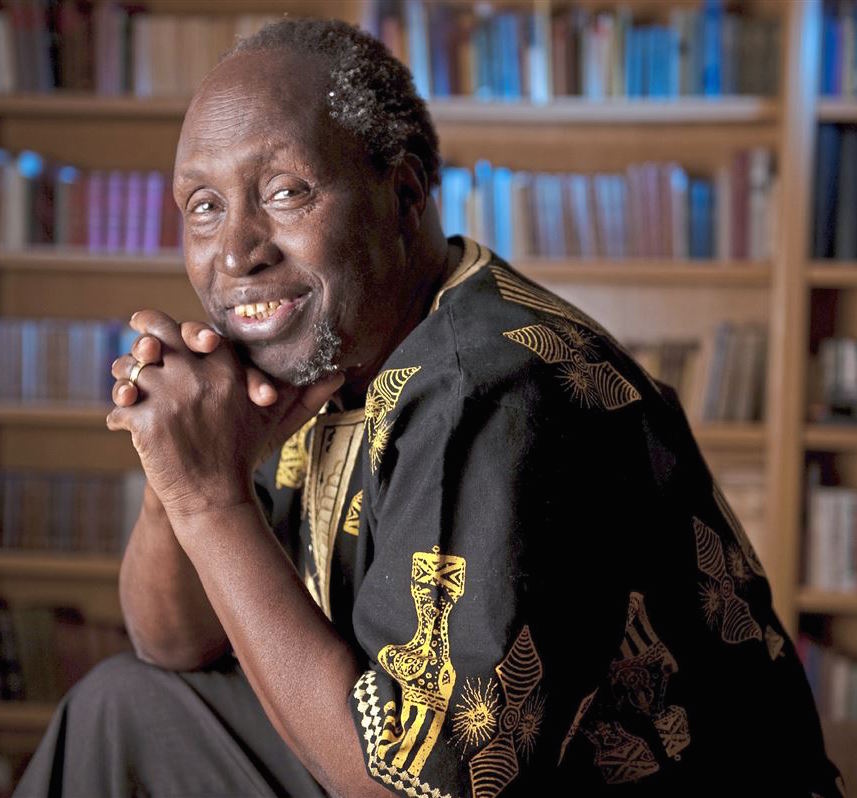A Life of Defiance: Remembering Ngugi wa Thiong’o’s Legacy
By Kwedu News
Kenya – The passing of celebrated Kenyan author Ngugi wa Thiong’o at 87 has left a void in the literary world. His life was a testament to the power of words to challenge injustice and inspire change.
Growing up in Kenya during the tumultuous years of British colonial rule, Thiong’o witnessed firsthand the brutal suppression of the Mau Mau uprising.
This experience would shape his writing and fuel his criticism of post-independence elites who perpetuated the same inequalities, like the times of President Daniel arap Moi, as he said.
Thiong’o’s plays and novels were not just works of fiction but also searing indictments of the status quo.
His play “Ngaahika Ndeenda” (I Will Marry When I Want) became popular in Kenya and across the world, sparking outrage among the then Kenyan authorities, who responded by razing the theatre and detaining the playwright without charge.
Despite the persecution, Thiong’o continued to write, often in secret. His novel “Devil on the Cross” was penned on toilet paper while in prison, a testament to his determination to express himself despite adversity.
He was later forced into exile.
As a professor of English and comparative literature at the University of California-Irvine, Thiong’o’s influence extended far beyond Kenya’s borders.
With time, he decided to write in his mother tongue, Gikuyu, as a bold statement of cultural identity and resistance to colonial legacy.
Current Kenyan President, William Ruto, paid tribute to Thiong’o’s “indelible impact” on the country’s literary landscape.
“Always courageous, he made an indelible impact on how we think about our independence, social justice as well as the uses and abuses of political and economic power,” President Ruto said.
In a 2007 interview with Reuters, Thiong’o reflected on the dark days of President Daniel arap Moi’s regime, warning against forgetting the past.
“The consequences of 22 years of dictatorship are going to be with us for a long time and I don’t like to see us returning to that period,” he said.
Analysts say Thiong’o’s legacy is a reminder that writers can be powerful agents of change, and that the pen can be mightier than the sword, signifying defiance, creativity, and unwavering commitment to justice without physical violence.


